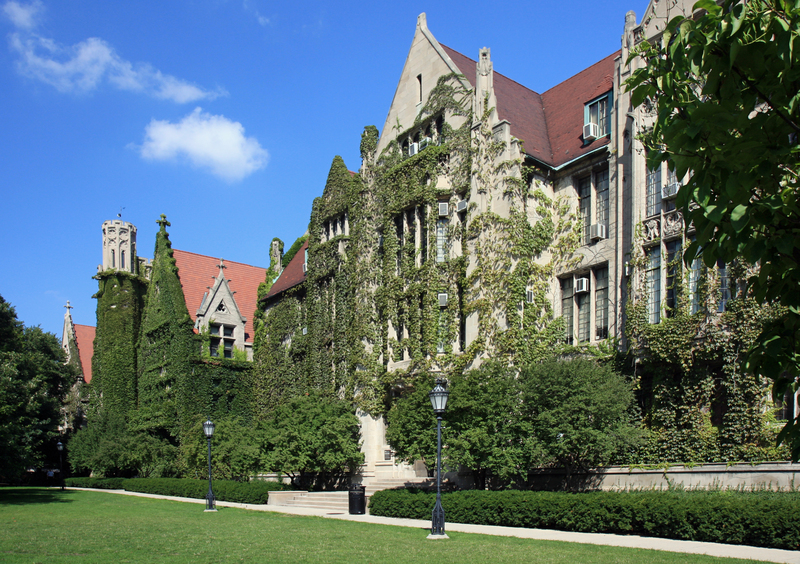The Evolution of Sustainable Living: Embracing Eco-Friendly Practices
 Sustainable living has become a pivotal movement in today's world, reflecting our collective responsibility towards the environment. As the global population grows and industrial activities expand, the impact on our planet intensifies, making sustainable habits more crucial than ever.
Sustainable living has become a pivotal movement in today's world, reflecting our collective responsibility towards the environment. As the global population grows and industrial activities expand, the impact on our planet intensifies, making sustainable habits more crucial than ever.
Adopting sustainable practices not only benefits the environment but also enhances personal well-being. From reducing carbon footprints to conserving natural resources, the advantages of sustainable living are multifaceted and far-reaching.
Innovative technologies and green solutions are continually emerging, offering new ways to integrate sustainability into our daily lives. 
One of the fundamental aspects of sustainable living is energy efficiency. By utilizing renewable energy sources such as solar and wind power, individuals and communities can significantly decrease their dependence on fossil fuels.
Waste reduction is another critical component. Implementing recycling programs and minimizing single-use plastics are effective strategies to lessen environmental degradation.
Moreover, sustainable living encourages the preservation of biodiversity. Protecting natural habitats ensures the survival of various species and maintains ecological balance. 
Urban planning plays a vital role in promoting sustainability. Designing cities with green spaces, efficient public transportation, and sustainable infrastructure fosters a healthier and more sustainable environment.
Education and awareness are essential in driving the sustainable living agenda. By informing the public about the impact of their choices, individuals are empowered to make decisions that favor the planet.
Community initiatives and local governance can further support sustainable practices by implementing policies that encourage green behavior and penalize harmful activities. 
In the realm of sustainable living, agriculture deserves special attention. Organic farming, permaculture, and other eco-friendly agricultural methods help in maintaining soil health and reducing chemical usage.
Water conservation techniques, such as rainwater harvesting and efficient irrigation systems, are imperative in areas facing water scarcity. These practices ensure that this vital resource is used judiciously and preserved for future generations.
 Embracing a minimalist lifestyle also contributes to sustainability. By prioritizing essential needs and reducing material possessions, individuals can decrease their environmental footprint and lead more fulfilling lives.
Embracing a minimalist lifestyle also contributes to sustainability. By prioritizing essential needs and reducing material possessions, individuals can decrease their environmental footprint and lead more fulfilling lives.
Technological advancements continue to revolutionize sustainable living. Smart home systems, electric vehicles, and energy-efficient appliances are making it easier for people to adopt green practices without compromising on convenience.
Corporate responsibility is equally important. Businesses adopting sustainable operations not only help the environment but also appeal to increasingly eco-conscious consumers.
The future of sustainable living hinges on collective action. As more individuals, communities, and governments commit to sustainable practices, the possibility of a harmonious and enduring relationship with our planet becomes attainable.













